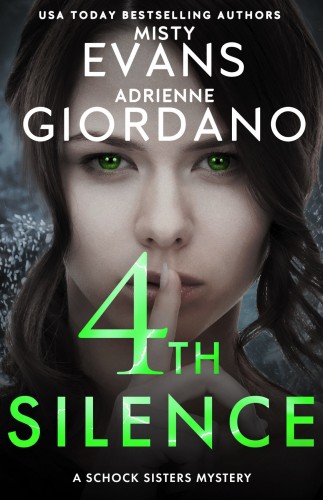In this gripping fourth installment of the Schock Sisters Mystery Series, Meg and Charlie Schock confront a decades-old murder buried by privilege, power—and a killer still watching.

A glittering party. A dead girl. A cold case that won’t stay buried.
Thirty years ago, eight-year-old Tiffany was found murdered during her family's lavish holiday party—her body hidden among the champagne and secrets of D.C.’s most powerful elite. The case faded, buried by money, influence, and silence.
Now, as the anniversary of her death looms, sisters Charlie and Meg Schock are pulled into their most chilling investigation yet. When their mother launches a campaign to reopen the case, it ignites a media storm and political backlash. Ordered to stand down by U.S. Attorney JJ Carrington, the sisters do what they do best—dig deeper.
What they uncover is a legacy of privilege and lies… and a killer hiding in plain sight, ready to kill again.
In a city where truth is deadly and silence protects the powerful, the Schock sisters must decide: How far will they go to speak for the dead?
Perfect for fans of Karin Slaughter, Lisa Gardner, and Tana French, this pulse-pounding cold case mystery will keep you turning pages deep into the night.